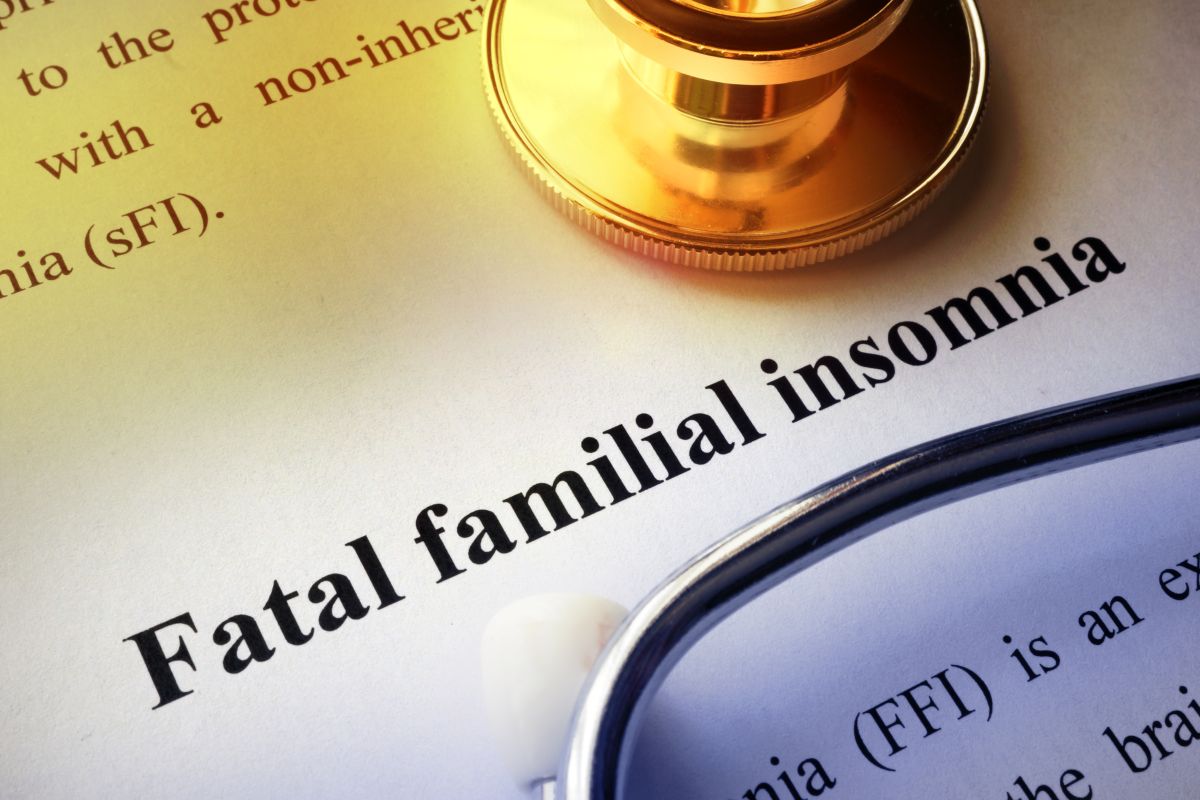Health
Fatal insomnia: what it is, what the symptoms are and what you need to know

Fatal insomnia is still a little-known problem that deserves all the attention it can get. Let's find out what it is and how to recognize it.
When we talk about fatal insomnia, we are referring to a very different problem from the normal insomnia that everyone experiences sooner or later. It is in fact a rare disease that causes a deterioration of mental function and slowly or rapidly leads to death.
This disease occurs in two different forms which are familial and sporadic. Here, everything you need to know about it.
Fatal familial and sporadic insomnia: what you need to know
The first thing to do when it comes to fatal insomnia is to learn to distinguish the two forms that characterize it. This disease can be familial or sporadic.

Fatal familial insomnia is inherited and is usually caused by a mutation in a protein gene.
Sporadic fatal insomnia , on the other hand, has no heredity but can occur suddenly and spontaneously.
Both forms of this disease affect the thalamus which is the area of the brain that controls sleep. This is made almost impossible leading to chronic insomnia.
What are the symptoms of fatal insomnia
Now that we have seen what the two forms of fatal insomnia are, it is important to learn to recognize their symptoms. The first thing to know about it is that this disease tends to occur in an age group that goes from just before the thirties to after seventy. All with an average that is around forty years old .
The familial form is the one that tends to appear first and is more severe. The sporadic one, on the other hand, appears a little after the average and has a higher life expectancy.
In any case, this disease leads to death in a period of time ranging from a few months to about six years.
Going to the symptoms, these are obviously mainly related to insomnia and, therefore, the inability to sleep. A problem that can present itself in different ways. The first symptoms can in fact be mild and lead to some difficulty in falling asleep and staying asleep. In some cases, muscle contractions or stiffness may occur, making sleep difficult.
Once the disease is established, those who suffer from it progressively undergo a deterioration of mental function . This results in loss of coordination (ataxia), changes in blood pressure and excessive sweating .
To recognize the disease, therefore, first of all a doctor's evaluation based on the symptoms reported is needed. That said, if fatal familial insomnia is suspected there are genetic tests that can confirm it. For sporadic sleep, however, polysomnography and positron emission tomography are usually performed. There is currently no treatment that can stop or cure the disease.
Obviously, there are always different therapies under study that can help the subject who suffers from it to sleep. And although at the moment these are only temporary, it cannot be excluded that something can be achieved over time.
In any case, this type of insomnia is really very rare and, as already mentioned, it shouldn't be confused with normal insomnia which obviously doesn't lead to death and which can be solved with the help of natural remedies or in more serious cases. important with adequate medical therapy which can be pharmacological, psychotherapeutic or a mix of both.
Riproduzione riservata © - WT











